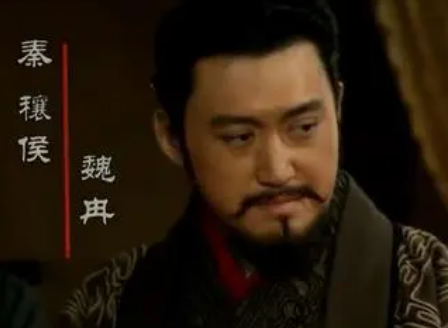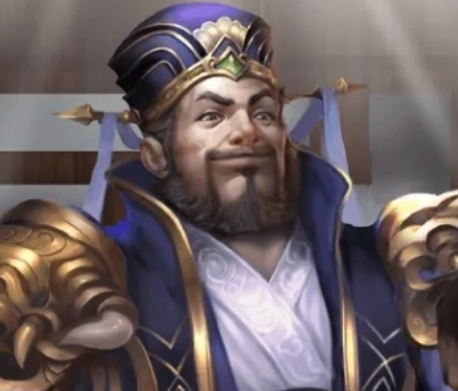In the ancient history of China, the Three Kingdoms period undoubtedly was an era full of heroism and intellectual contests. Among this era, Jia Xu, as an outstanding strategist, his image and actions have always been controversial. On one hand, his wisdom and strategies solved many problems for Cao Cao; on the other hand, some of his actions were seen as treacherous and cunning. This article will explore how to view the character of Jia Xu in the Three Kingdoms period.

I. Intelligence and Strategy: The Talents of Jia Xu
Jia Xu was a famous politician and military strategist in the Three Kingdoms period. He held important positions under Cao Cao and provided decision support for Cao Cao in both war and politics on multiple occasions. Jia Xu's wisdom was reflected not only in his precise judgment of the situation, but also in the strategies and schemes he formulated. For example, his proposed strategy of protracted war in the Guangdu Campaign effectively helped Cao Cao defeat Yuan Shao.
II. Controversy and Evaluation: The Moral Dilemma of Jia Xu
Despite the praise for Jia Xu's intelligence, some of his actions have also caused controversy. In "Romance of the Three Kingdoms", Jia Xu is portrayed as a treacherous character who sacrificed others for his own preservation. In historical evaluations, Jia Xu has been criticized by some historians for lacking a moral底线 due to his involvement in some cruel actions of Cao Cao, such as the massacre after the Guandu Campaign and advising Cao Cao to claim the title of King of Wei.
III. Understanding and Reflection: The Multi-Dimensional Jia Xu
To fully understand the character of Jia Xu, we need to view his actions and choices from multiple perspectives. First, as a strategist, Jia Xu's primary task was to provide the most advantageous strategies for the monarch, which was a common phenomenon in the historical context of that time. Second, although some of Jia Xu's actions may seem immoral in modern times, they may have been the result of helpless choices in the chaotic environment of survival in that era. Finally, we cannot ignore the possible complexity in Jia Xu's personal character, and his actions may have been the result of the combined effect of personal values and the background of the times.
Conclusion:
Jia Xu, as a complex character in the Three Kingdoms period, reflected the chaos and cruelty of that era, and also showed the way of survival for a wise man in the game of power. When evaluating Jia Xu, we should not simply categorize him as good or evil, but should understand his choices and actions in the context of history. Through a deep analysis of Jia Xu, we can more fully understand the political situation and fate of characters in this special historical period of the Three Kingdoms.
Conclusion:
Jia Xu, the strategist of the Three Kingdoms period, has become the focus of later generations' commentary with his extraordinary wisdom and complex humanity. Between praise and criticism, we can see a vivid historical character image. Jia Xu's story reminds us that when evaluating historical figures, we need to go beyond the simple dichotomy of good and evil, and consider more the complexity of history and the multifaceted nature of characters.
Disclaimer: The above content is sourced from the internet and the copyright belongs to the original author. If there is any infringement of your original copyright, please inform us and we will delete the relevant content as soon as possible.
































